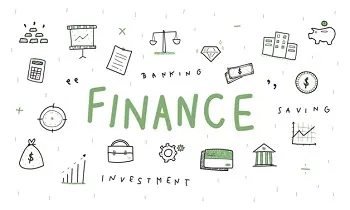
Table of Content
Like any other industry, the banking industry has its own set of terminologies that are used practically daily. As a retail banking customer, you should be aware of these terminologies that can benefit you in educating yourself about banking and finances.
We have compiled a list of 10 basic terminologies that anyone associated with Indian banking should be aware of. So, let us get started and understand the meaning of each of these:
Want to take a personal or home loan from your bank? You can avail of a bank loan at an interest rate that is accrued on the loan. The base rate is the minimum interest rate at which banks can lend money to their customers. In other words, they cannot charge below this base rate. Be it education or home loan, banks charge an interest rate that is calculated on basis of the base rate.
Owning a credit card issued by your bank? A cashback is a form of cash incentive that banks or retail shops offer to its credit card customers in return for any spending made on the credit card. Typically, a cashback is a small percentage ranging to 1% to as high as 5% of the total amount spent on the credit card.
How does a bank decide whether to give you any loan or offer a credit card? It does this on basis of your credit history that indicates your past record in terms of borrowing and repayment of loans. Based on your credit history, you are given a credit score between 300 and 850. The higher this score, the better are your chances of getting a loan or credit card.
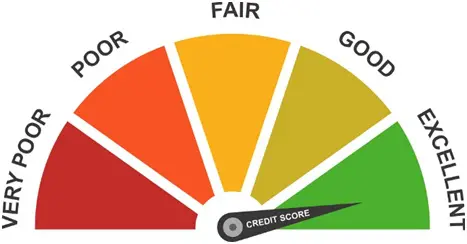
Collateral is any form of valued asset such as land, gold, or securities that a borrower provides to the bank in exchange for a loan. Collaterals are used in secured loans and are beneficial to any lending bank. In the event of the debtor failing to service their loan, the lending bank can simply sell or auction off the collateral.
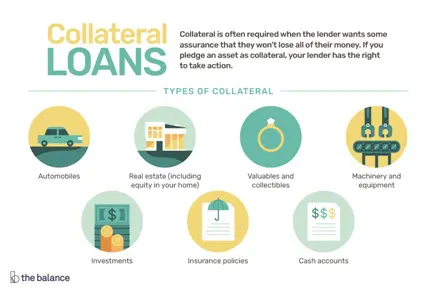
While simple interest is simply the interest paid by a bank on your deposit (example, paid interest of 1,000/- (@10%) on a deposit of 10,000/-), compound interest is the paid interest on the deposit money plus the previously accrued interest on the deposit (for this example, 10% interest on 10,000/- + 1,000/-). Compound interest is more beneficial as it follows the principle of reinvesting money on the original principle instead of withdrawing the same.
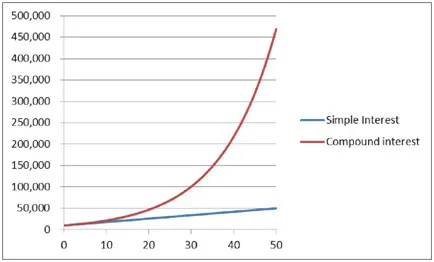
Demat account is the short form for a dematerialized account that is used to define the physical ownership certificate of security (example, company stock, or bond). Dematerialized is used for all owned securities whose physical certificates have never been issued to the shareholder and is only available in electronic form.
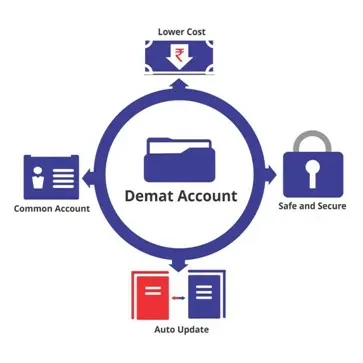
This is a digital or electronic form of fund transfer between parties that makes use of electronic devices such as ATM machines, computers, or mobile phones. It can facilitate the transfer of money between accounts within the same or different banks. Among the popular forms of electronic fund transfers used in India are NEFT and IMPS.
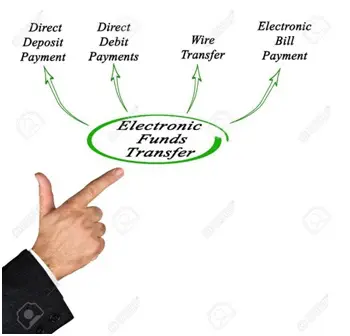
When you avail of a bank loan, the loan amount is disbursed to you for a specific loan term and interest rate. A fixed-rate is applied when the interest rate specified is kept constant for the entire loan tenure. On the other hand, a floating rate is one where the interest rate is reviewed periodically during the tenure and is modified according to the latest applicable interest rate.
Overdraft is a facility that is offered only to specific account holders in a bank. Using this facility, these account holders can withdraw amounts over and above the available account balance. Overdraft is a form of bank loan for which banks charge an overdraft fee to the account holder.
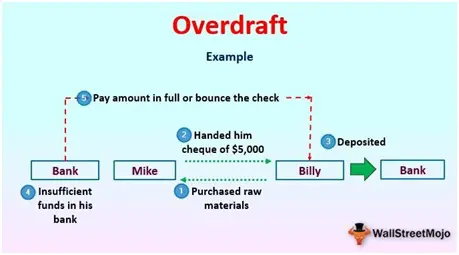
This terminology is used for banking customers who want to perform any cashless form of financial transactions. Generally, plastic money refers to either a Debit card that is held by bank account holders to withdraw cash, pay bills, or perform other account-related transactions or to Credit card that is issued to eligible customers who can avail of a pre-approved credit limit to make financial transactions.
If you are new to retail banking, these are just some of the terminologies that you should be well-versed in. Hope this article has been useful in improving your knowledge about banking in general
![]() IIFL Customer Care Number
IIFL Customer Care Number
(Gold/NCD/NBFC/Insurance/NPS)
1860-267-3000 / 7039-050-000
![]() IIFL Capital Services Support WhatsApp Number
IIFL Capital Services Support WhatsApp Number
+91 9892691696
IIFL Capital Services Limited - Stock Broker SEBI Regn. No: INZ000164132, PMS SEBI Regn. No: INP000002213,IA SEBI Regn. No: INA000000623, SEBI RA Regn. No: INH000000248, DP SEBI Reg. No. IN-DP-185-2016, BSE Enlistment Number (RA): 5016
ARN NO : 47791 (AMFI Registered Mutual Fund & Specialized Investment Fund Distributor), PFRDA Reg. No. PoP 20092018

This Certificate Demonstrates That IIFL As An Organization Has Defined And Put In Place Best-Practice Information Security Processes.